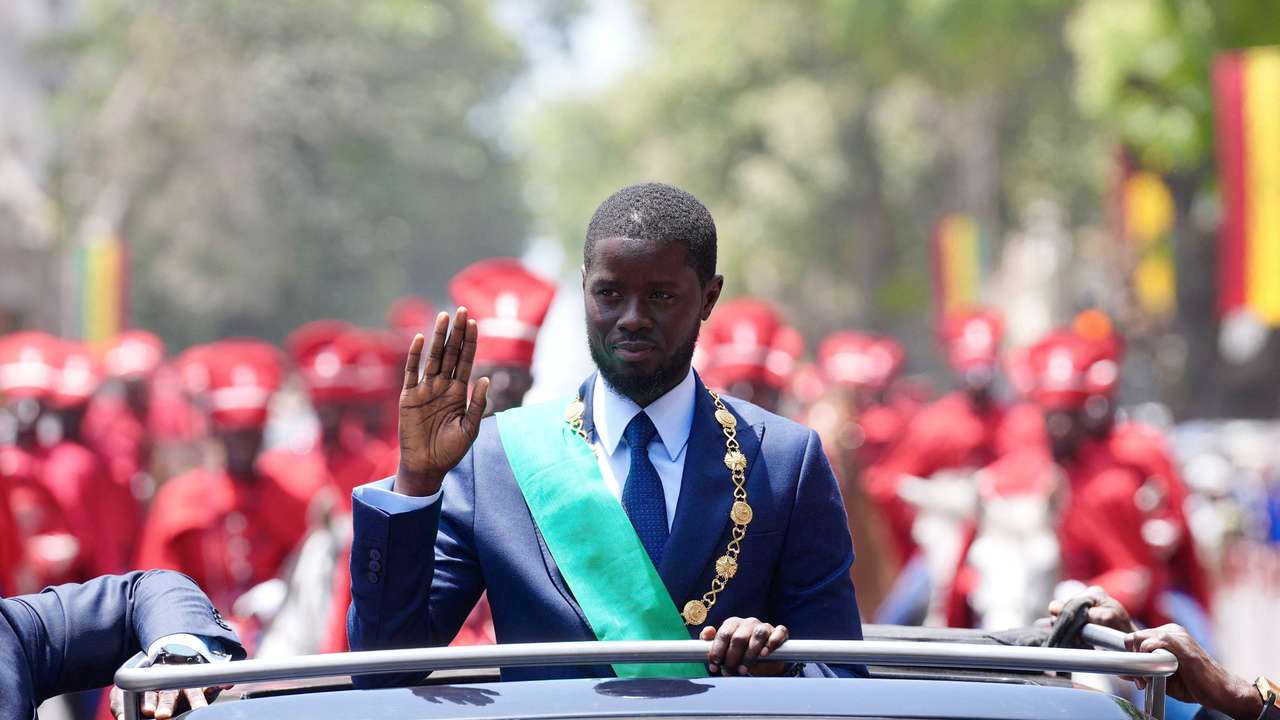Senegal: Faye’s win a political precedent that will spread throughout Africa, political analyst says

Africa’s political landscape is poised for significant transformation following the historic election of the youngest president, Bassirou Diomaye Faye at the age of 44.
Senegal’s president's landslide victory in the March 24 elections is likely to change the dynamics of African politics and is indicative of a shift towards youthful leadership.
Speaking to GSW’s Wonder Hagan, Political Analyst Gabriel Baglo said that the electoral outcomes in Senegal are reflective of a growing political awareness among the youth in African countries.
“The young people are very aware of the geopolitical trends and these young people want to see things done differently. They want to take their destinies into their own hands. They have no complex before the West like before. So this is just a start We saw a number of young people coming to power by coup, who had very revolutionary ideas but this is the first time it was through an election,” he noted.
Baglo also noted that Faye’s victory is likely to set a precedent for other African nations, with more youth emerging as African presidents.
“I see this movement spreading to other countries in West Africa and in Africa. We can say that Senegal is a pacesetter because this is the first time we have a young elected leader. He is the youngest president elected during the first round, more than 54%, it was almost a referendum so we will say that this is unprecedented. This is a very good move, it is like the young people have taken over, and they want to see something new,” he added.
Senegal’s President Bassirou Diomaye Faye was announced the winner of the presidential election held on March 25 after winning 54% of the votes with Amadou Ba taking 35%.
His win was affirmed by the top Constitutional Council, which validated the provisional results based on a comprehensive tally of votes from all polling stations.
He appointed his ally Ousmane Sonko as Prime Minister with the responsibility of overseeing his new government with 25 ministers and five junior ministers.Watch this interview: